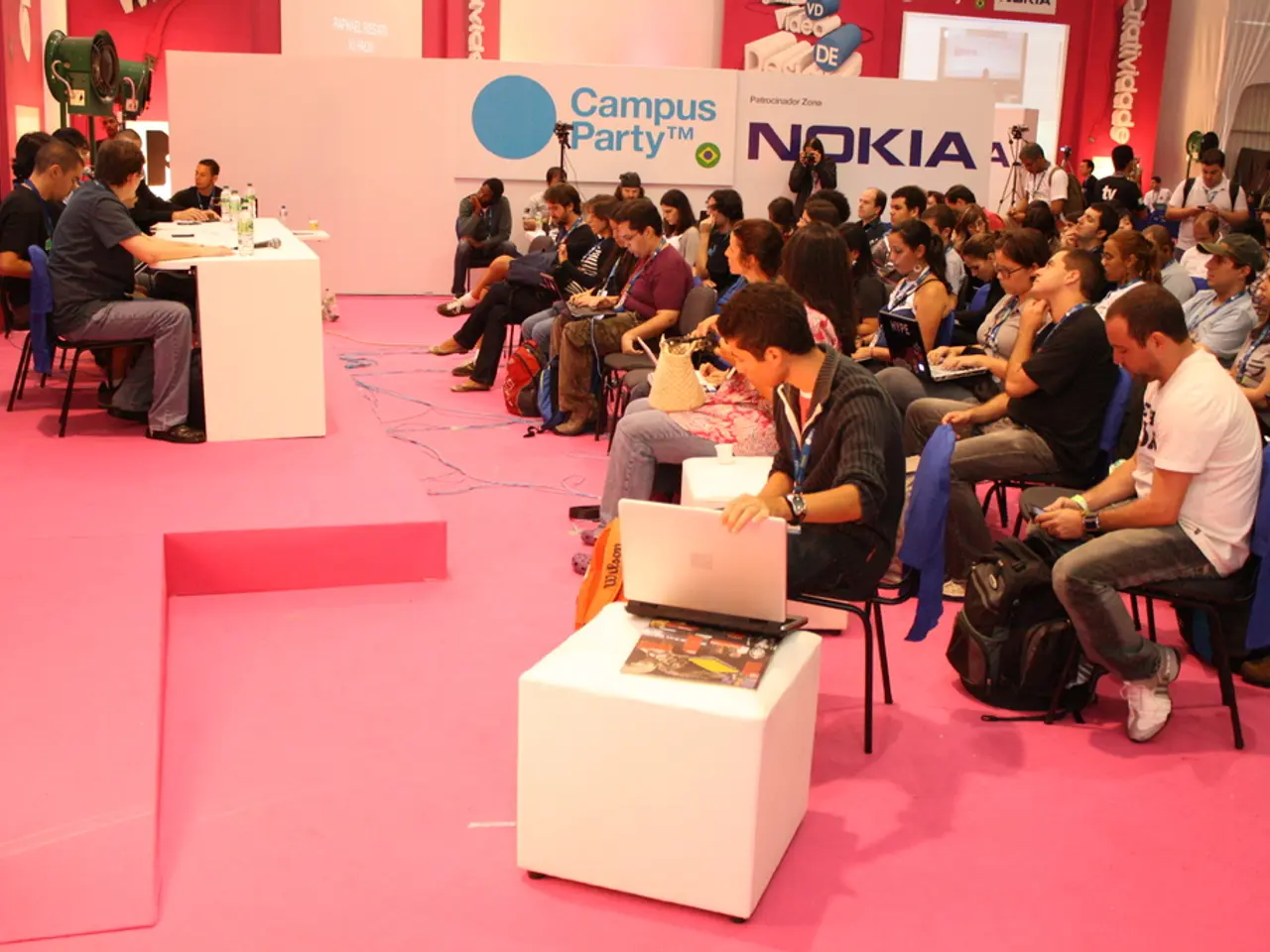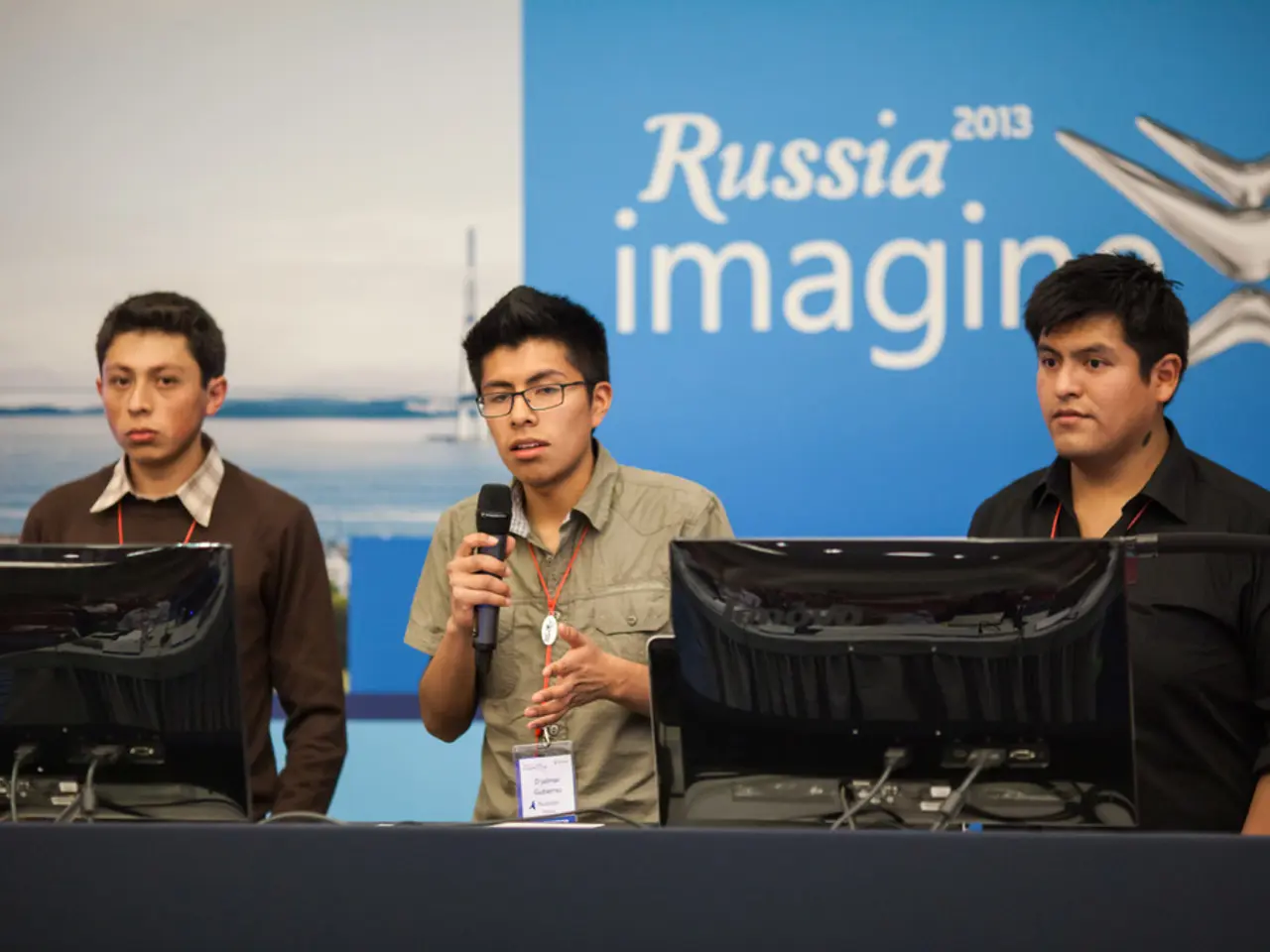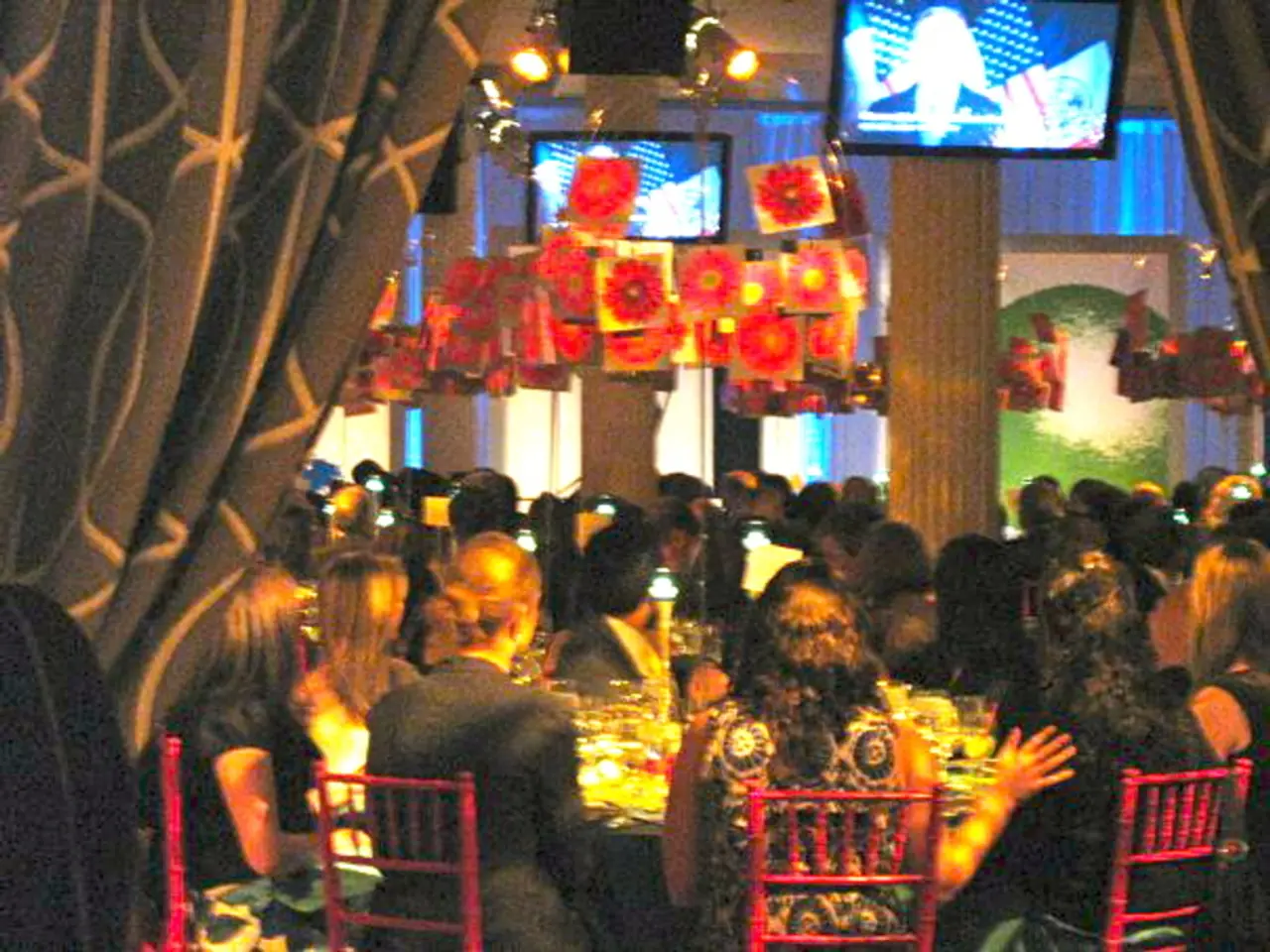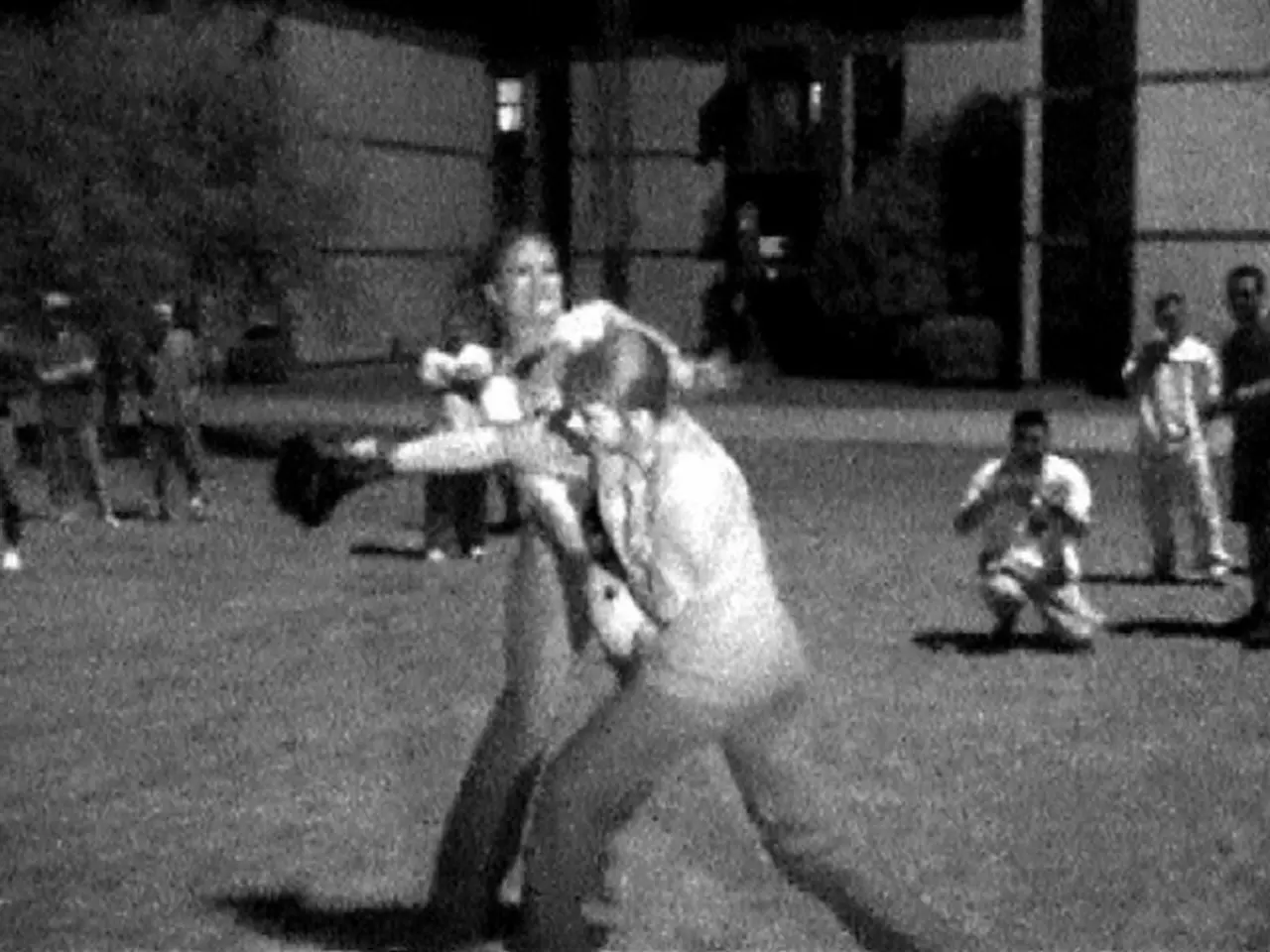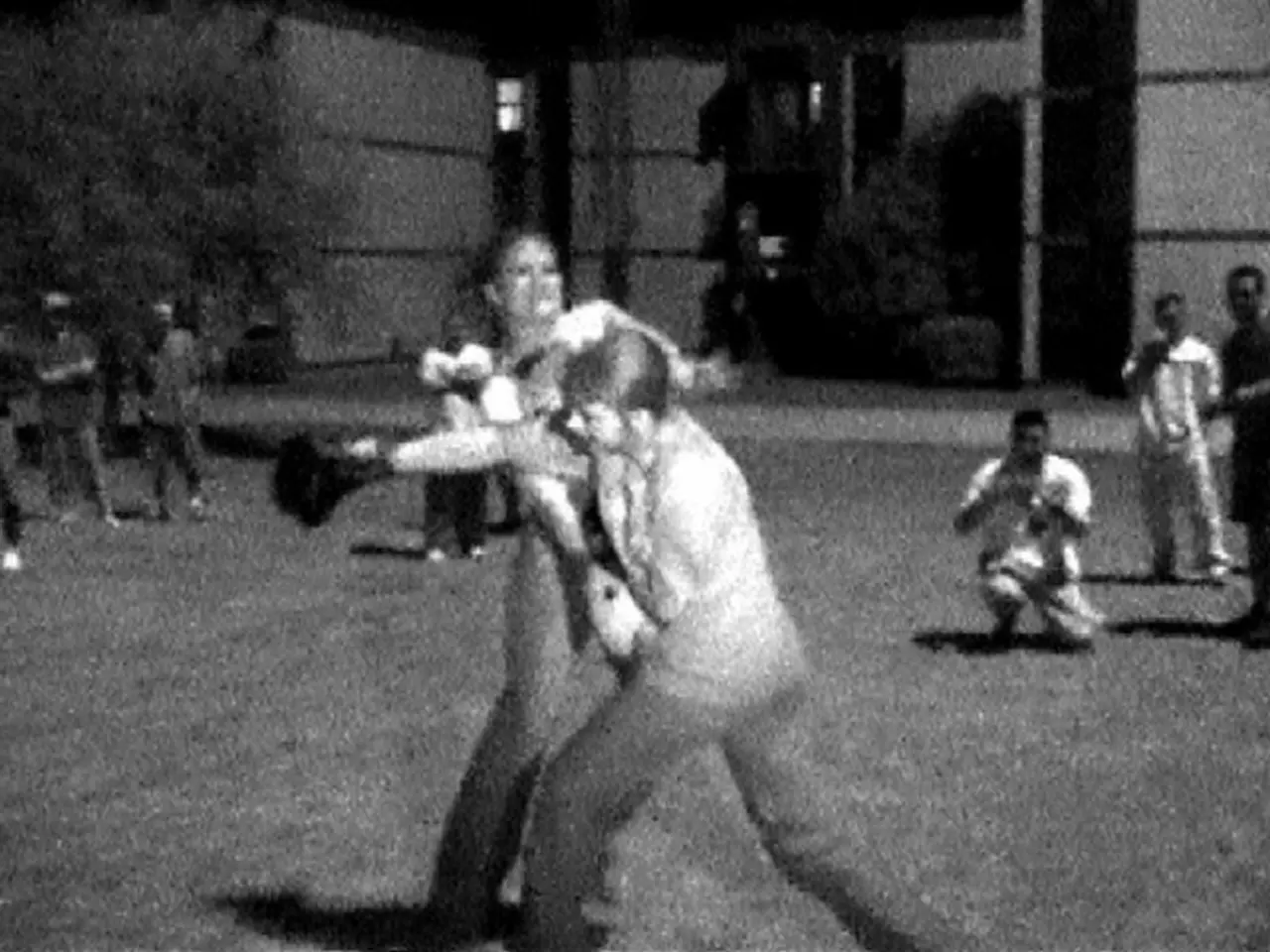International gathering in Beijing advocates collective responsibility for global peace
In the heart of China's capital, the 13th World Peace Forum commenced on July 3, bringing together global leaders, diplomats, and scholars for three days of discussions aimed at fostering peace, stability, and sustainable development. Chinese Vice President Han Zheng delivered a keynote speech, outlining four key proposals to jointly safeguard international fairness and justice and improve the global governance system.
Han Zheng's first proposal emphasised the importance of learning from history and jointly safeguarding the post-war international order, as well as international fairness and justice. This includes firm support for the UN-centered international system, international law, and basic norms of international relations based on the UN Charter.
The second proposal focused on adhering to solidarity and cooperation to improve global governance. Han emphasised enhancing solidarity and coordination among countries, upholding true multilateralism, and working toward a fairer and more effective global governance system through mutual respect and equal consultation.
The third proposal highlighted the need for promoting openness and cooperation to drive global prosperity and development. Han advocated for a stable and open international environment that supports inclusive economic growth, safeguards multilateral trade, and ensures smooth functioning of global industrial and supply chains.
The fourth proposal stressed the importance of standing together in solidarity and jointly advancing toward modernization. Han underscored the need to place development at the heart of the global agenda, address the concerns of developing countries, and reduce inequalities to promote shared progress.
These proposals, which emphasise historical lessons, multilateral cooperation, economic openness, and inclusive development, serve as pillars for maintaining global peace, fairness, and improved governance. The forum, jointly organised by Tsinghua University and the Chinese People's Institute of Foreign Affairs, is China's foremost non-governmental platform for international security dialogue.
The event, which takes place from July 2 to 4, is attended by former foreign political dignitaries such as Yukio Hatoyama (former Japanese Prime Minister) and Herman van Rompuy (former Belgian Prime Minister and ex-President of the European Council). Over 400 participants are convened for a sweeping exchange on global challenges, with discussions covering critical issues including the stability of the international economic order, the growing influence of the Global South, and the shifting contours of China-Europe relations.
More than 200 journalists representing over 80 domestic and international outlets are in attendance at the event, demonstrating the forum's focus on contemporary security dilemmas, such as the risks posed by artificial intelligence in armed conflict. The World Peace Forum continues to serve as a vital platform for advancing peace, stability, and sustainable development on the global stage through open and constructive international engagement.
Li Luming, President of Tsinghua University and Chairman of the World Peace Forum, delivered a welcome speech, emphasising the forum's commitment to fostering dialogue and cooperation to address global challenges. Qiu Yong, Secretary of the CPC Tsinghua University Committee, also attended the opening ceremony.
As the forum progresses, participants are expected to delve deeper into these critical issues, probing for solutions that will shape the future of global governance and ensure a more peaceful, fair, and just world.
The proposals made by Han Zheng during the 13th World Peace Forum in Beijing, centered around learning from history, multilateral cooperation, economic openness, and inclusive development, are crucial in shaping policy-and-legislation and international politics for a more peaceful, fair, and just world. The forum, with its focus on addressing global challenges and offering a platform for open and constructive international engagement, is closely tied to general-news and global events.
